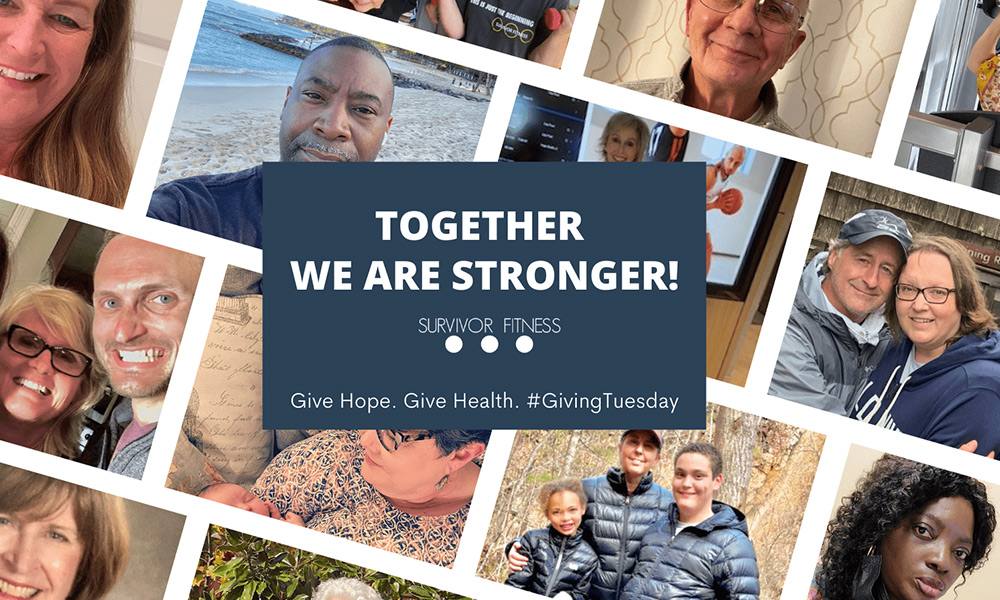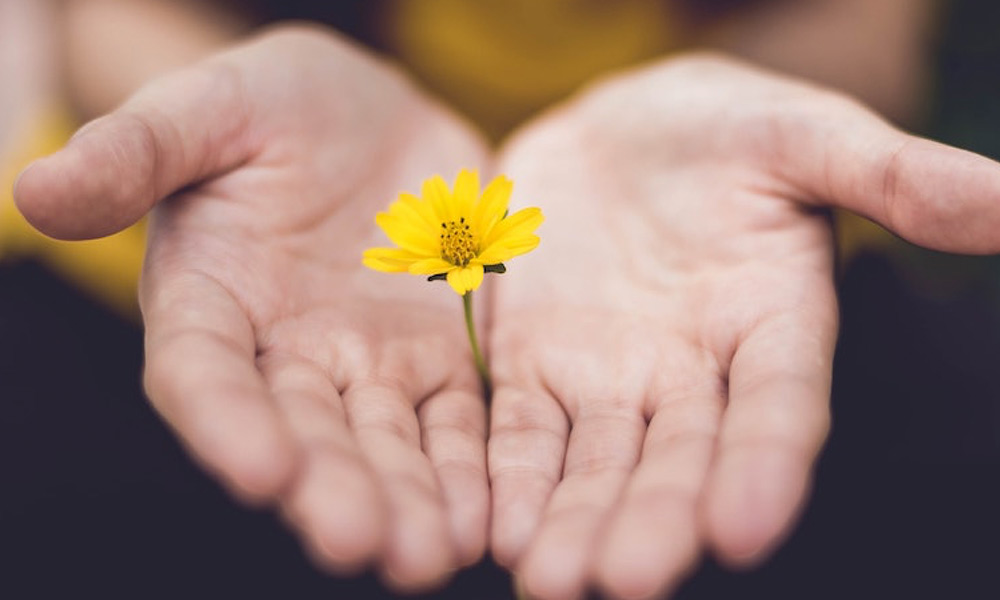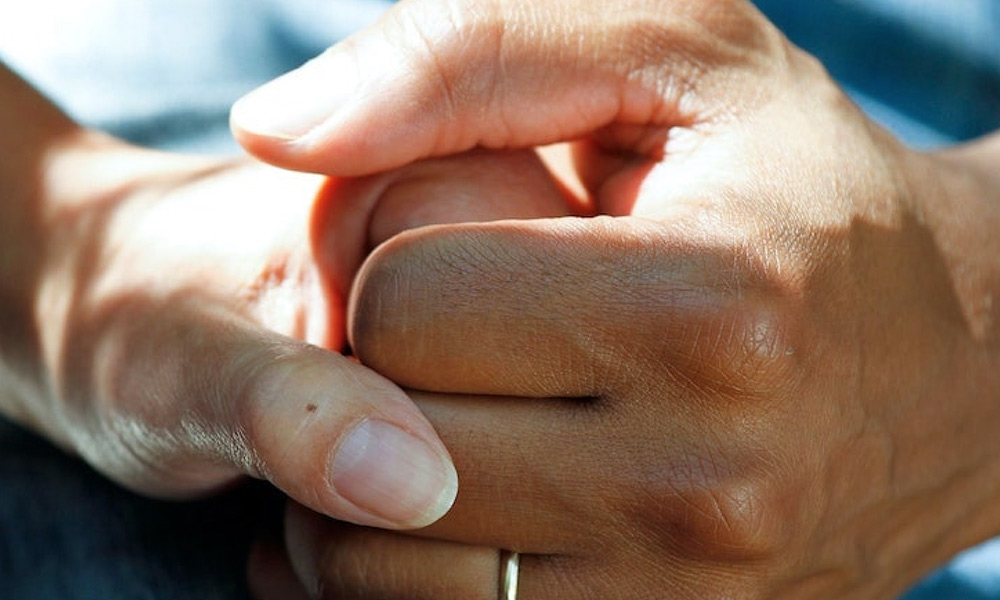Cancer is a physical, mental, and emotional roller coaster—and it doesn’t come to a screeching halt once treatment ends. In fact, life after treatment can be one of the most challenging times for individuals diagnosed with cancer. Cancer treatments and therapies can have long-term effects on the body. Often, it takes time, adjustment, and conditioning to adapt and recover after treatment. Survivor Fitness was founded so that no cancer survivor would have to navigate post-treatment recovery alone.
In light of ALL the challenges that cancer survivors face, it’s important to find support for life after treatment. Relying on your family, friends, co-workers, and community is just as important after treatment as it was during it. Whether you’re a cancer survivor or looking to support a loved one, we wanted to use this article as an opportunity to highlight different types of support that make a difference in the lives of individuals after cancer treatment.
Emotional Support
Recovering from cancer treatment isn’t just about your body. It’s also about healing your mind. Find practitioners, friends, and family, who can be there for you as you process emotions and plan for the future. Remember you are not alone on this journey.
Support To Build a Healthy Body Image
If cancer affected your physical well-being, it’s important to realize you may struggle to accept your new appearance. Try not to underestimate how impactful that might be to your recovery. It’s important to be able to talk through those frustrations with people you love and recognize what may or may not be in your ability to control.
Support for Navigating the “New Normal”
There are dozens of changes that you experience during and after cancer treatment. In addition to the physical and emotional changes, there’s also the reality of navigating life after cancer. How do you spend your time now that you don’t have appointments? How might your healing impact your capacity to work and play? These are all challenging questions to answer.
Finding people who understand the impact that cancer has on the “intangible” factors of life can be helpful in finding your place in the various roles and responsibilities you have.
Nutritional and Physical Support
Most cancer survivors deal with changes to their diet and exercise routines after treatment. Some want to lose weight that was gained during treatment. Others want to simply be able to walk upstairs again without difficulty. Whatever your health goals might be, it’s helpful to rely on loved ones who recognize the impact that treatment had on your body and can help you take the next steps to regain your strength and stamina.
Don’t Walk Your Post-Treatment Road Alone
At Survivor Fitness, we like to say that beating cancer is just the beginning of your story. If you’re a cancer survivor located in the Tennessee area, we can walk alongside you to progress your post-treatment recovery, empowering you to take control of your healing journey. You can read stories from other survivors to learn how they managed life after cancer or connect with our team to learn how to get started with our program.



